Hindsight Is 2020
My pill bottles should reflect me. So I made a business.
Written by Lynsi Stevens
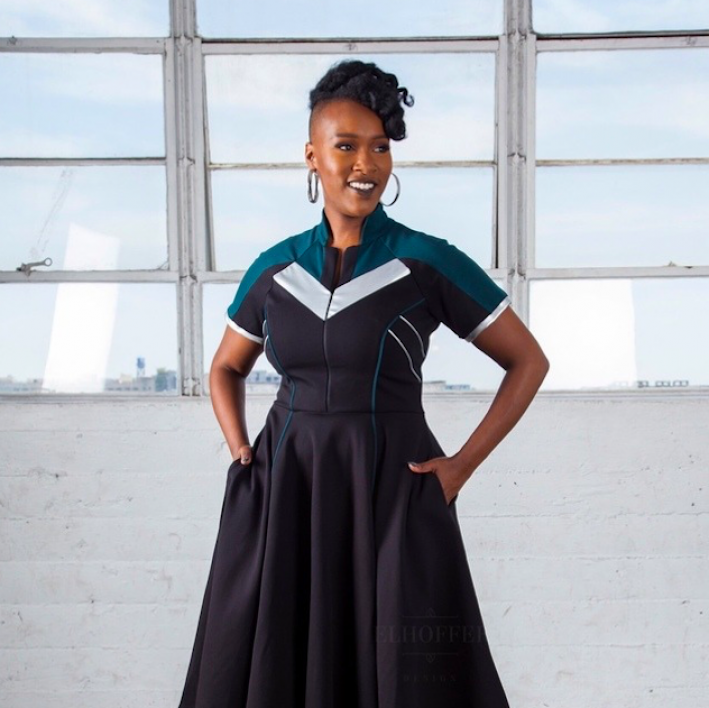
01 When coverage of police brutality gained momentum in 2014, Lynsi Stevens found it was taking a toll on her mental and physical health.
02 A trip to the doctor made her leave with an Rx prescription for depression, panic disorder, and chronic head pain.
03 Despite her career successes and traveling for expos and conventions, she was upset that her pill bottle didn’t reflect her personality. So in 2020, she decided to start her own business.
I remember that night in 2014. The night I cracked into a new life with a clap of lightning in my dark room. It lit aflame every nerve in my brain and chest. Before I knew where I was, my feet had run me to the living room where my parents were lounging, watching the news. “Dad,” I said, “I think I’m having a heart attack.”
Prior to 2014, I was a young, healthy recent grad from the University of Missouri. I was a performer, dancer, singer, actress, poet, and varsity badminton player. I was a dreamer who could be found belting “Defying Gravity” or “Masquerade,” ready to take the world by storm. There was seldom a situation that truly phased me. This then, begs the question: What in God’s name happened in 2014?
2014 was the first of a series of nationally televised killings of Black people by law enforcement. This alone wasn’t what catapulted me into my parent’s living room, clutching my chest. It was the steady, rolling boil of the fallout — like the riots. It was battling your white fifth period classmate from high school, your friend, asking them if they had lost their mind, and seeing them respond with, “Well, he looked suspicious.” It was that battle hundreds of times before you’d wiped your friend list clean.
Before we called it “doom scrolling,” it was just scrolling. Suddenly, almost every white person you knew — the teachers who raised you, your classmates, your best friends’ parents — were all in favor of the events that had transpired, resulting in a young man’s death. It was seeing Black people openly grieve online and (God forbid) reading the comments, taking in the eloquently written paragraphs of why Michael Brown Jr. should have died, deserved to die, and the hundreds rejoicing over that fact.
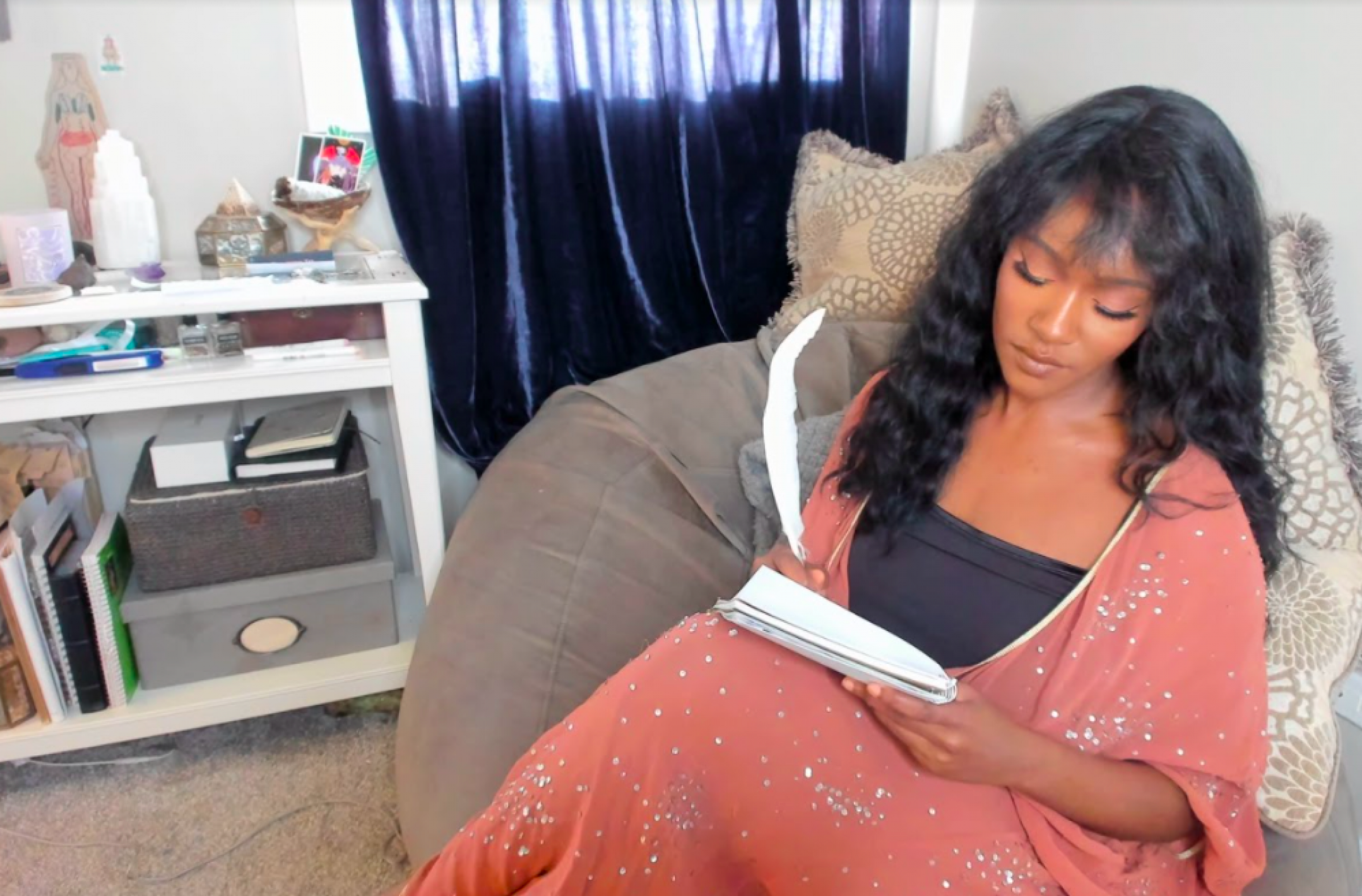
It was before The Social Dilemma, “SJW fatigue”, and revolutionary movements for wellness and the necessity of Black rest. Before understanding that, yes, real physical harm can come to you from stress that is induced by relentlessly consuming negative media. That you are in fact wreaking havoc on your nervous system, and in turn, your physical body, by being constantly plugged in, as so many Black people felt they must, lest they be abandoning “the cause.” It was before we understood “limiting exposure to traumatic news is self care, and it’s okay.”
It was seeing people react stronger to Game of Thrones spoilers than public killings. It was the realization that the people in the comments might not be Americans. Not only that, but there’s a chance they might not even be human at all, and instead, artificial intelligence explicitly designed to elicit the type of response I was eliciting. Unending, unyielding grief.
The lethal cocktail of defending your humanity to strangers online, juxtaposed with friends publicly disclosing their inherent racism is a mixture that was unheard of and carried life-shattering implications for Black Americans, the likes of which we are only just coming to understand. I had, hundreds of times, participated on the front lines of a virtual psychological war, designed to mentally disable, instill fear, chaos, confusion, and unhinge the participants. A virtual war, with very real, very visceral casualties, of which I was one.
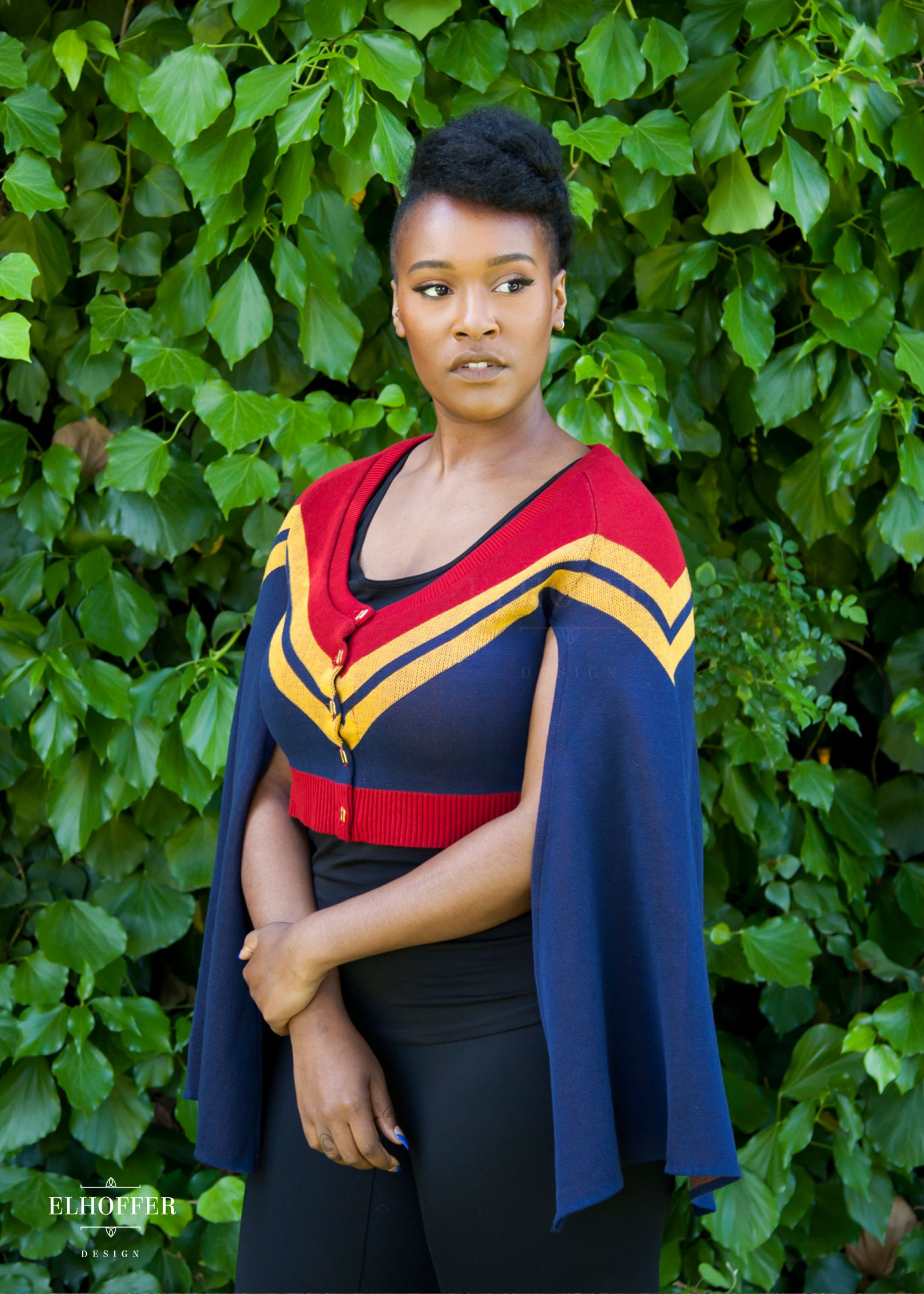
The AMA has recently recognized racism as a public health threat. This is significant.
We can stop boiling systemic challenges and traumas down to "hurt feelings." We can move forward with healing people now that there is space to medically recognize and discuss what that healing looks like.
The recognition of racism as a public health threat changes its perception from something you put up with to something you know must be stopped. We don't have to shoulder it as just a "part of life." In my own journey, racism was so close to me that I never mentioned it as a source of stress to health professionals, despite it being the sole reason for my pain.
I was a patient needing care that was outside of these professional’s awareness and training. If I'd had that care, my healing time would have been cut in half. I'd have had a chance at deducing the root cause of my seemingly inexplicable chronic condition that left white doctors baffled, confused, and giving me blank stares.
Several ER trips, a few months time, and three therapists later, I was diagnosed with severe panic disorder, chronic head pain, and given my first Rx for depression and pain. More than the agony of the ceaseless chronic head pain, and more than the debilitating onset of spontaneously triggered panic attacks, the stigma I felt surrounding my Rx unearthed an onslaught of questions I'd never dealt with, “What does this mean for me?” “Am I broken?” “Will I have to take this...forever?”
Despite it all, I was still an accessory toting twenty-two year old, damnit. If I were to do a "what's in my bag challenge" you'd find a cell phone charger the size of a brick (thank you Pokemon Go!), NARS makeup compact, mini vaseline lip balm, MAC makeup brushes, Altoids, and maybe a Sailor Moon lipstick. Absolutely nowhere were pills part of the picture. No. Where.
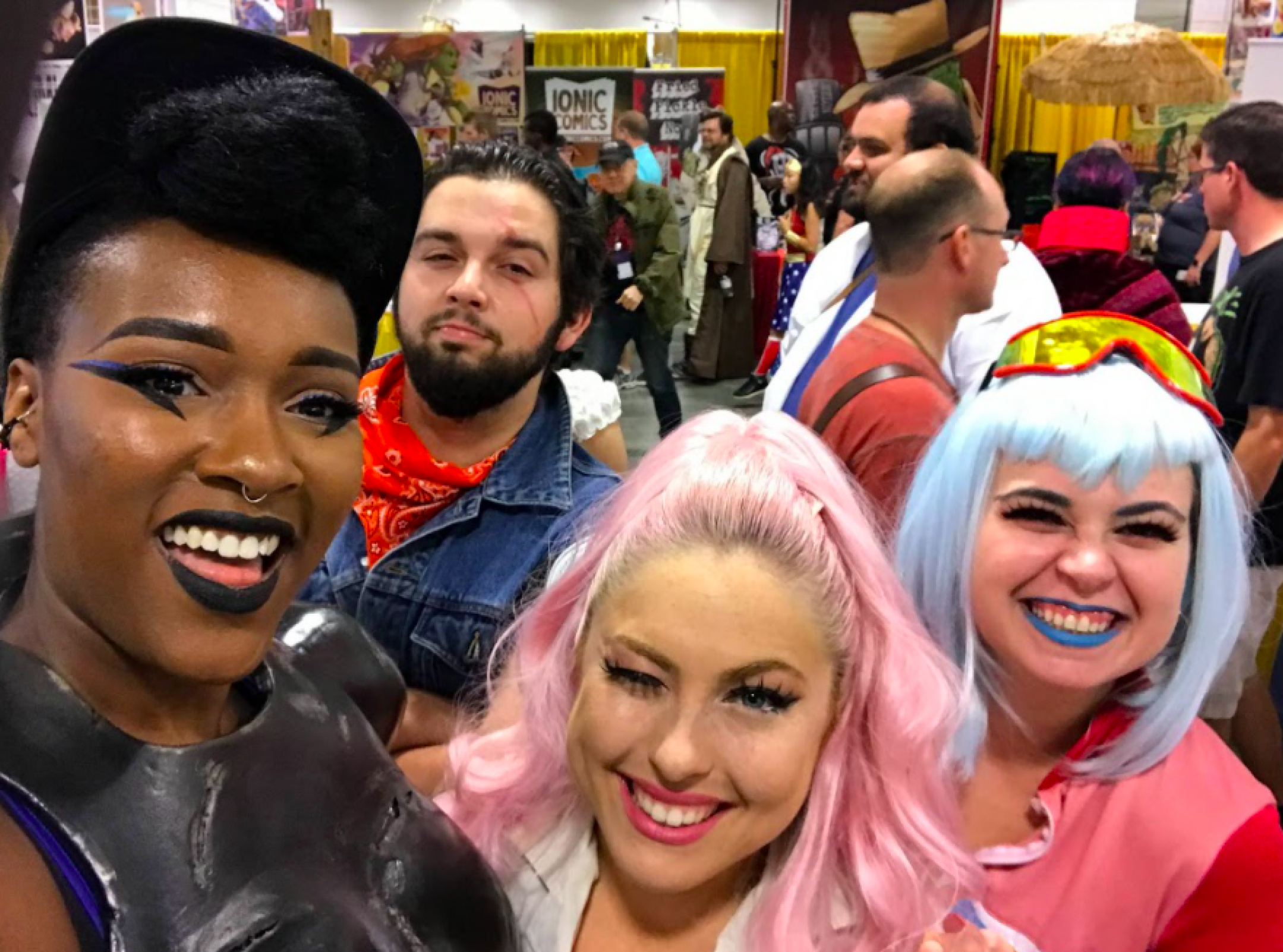
In an attempt to remedy this, I spent weeks searching for a pill case I actually liked. I recall breaking down in tears after a full search of every brick and mortar, online retailer, and customizable merch shop, desperately trying to find something cute to put ya damn pills in! It felt like a huge, glaring oversight and I felt incredibly alone, screaming into the void: “Does no one else my age take pills?”
Saddled with a new accessory I didn’t like, I took it with me on my jetsetter life. I’d landed my dream job doing marketing and promotional events for a cosplay wig company that vended at Entertainment Expos and conventions. I spent three years traveling from New York Comic Con, to Drag Con in Los Angeles, and everywhere in between. We even had the occasional international jaunt to Japan Expo in Paris, France, allowing me to flex my French skills as translator for our team. However, my Rx, my constant travel companion, didn’t reflect my lifestyle. I just wanted to live my young life! This Rx bottle didn’t reflect the creativity, art, passion, and fandom that quite literally embodied my day to day, (hello, Ita bags!). As such, it didn’t reflect me. Instead, for years, it remained the snake rattling around in the darkness at the bottom of my purse.
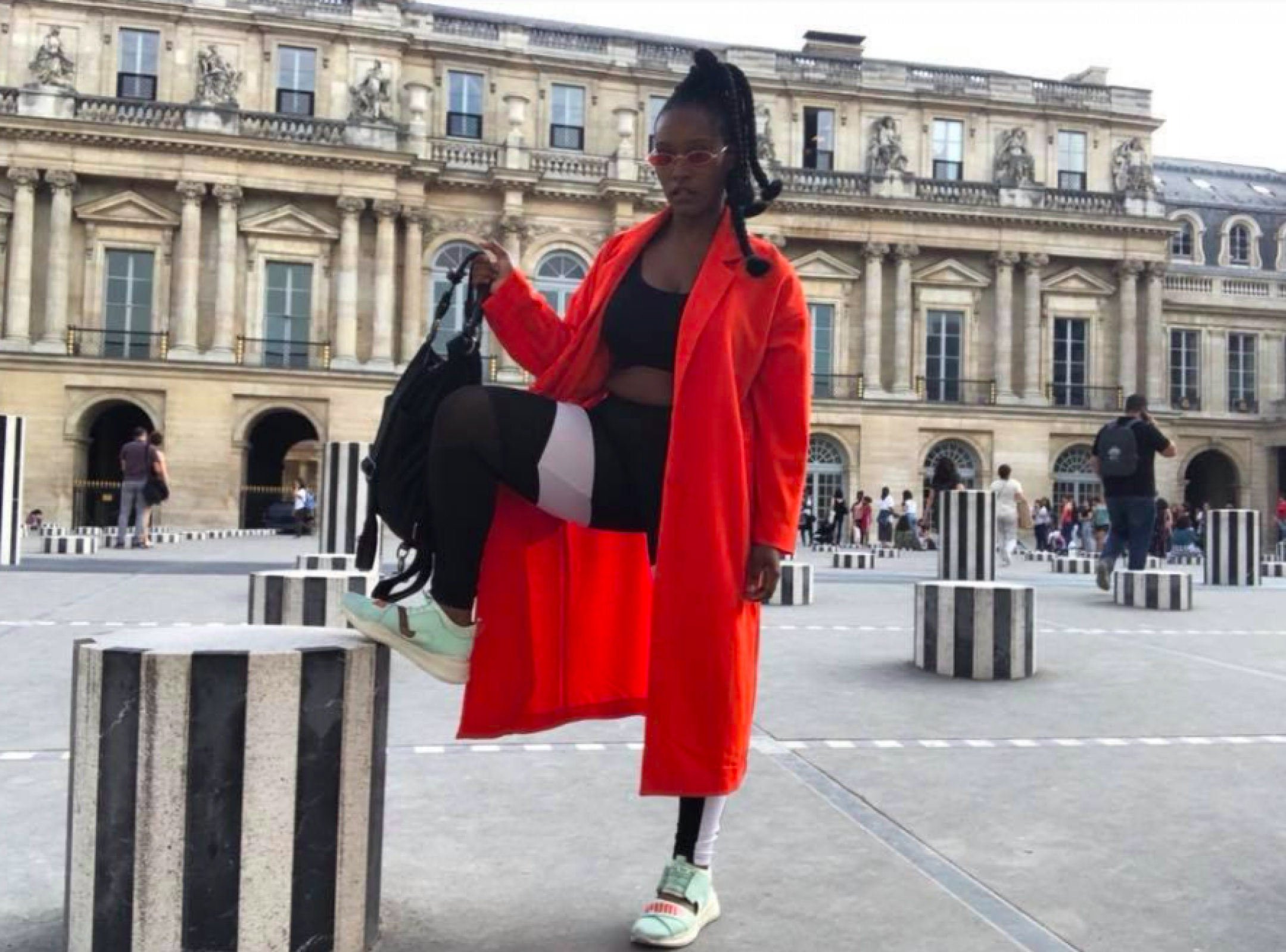
My career working in entertainment and for conventions expos flourished when I moved to Los Angeles. I was living my dream as an assistant manager at Dan Owens Mgmt. While doing my best to stay afloat with my work, my chronic illness flared up and my health took a severe unexpected dive. I was living the double life chronically ill people are intimately familiar with, giving every ounce of themselves to feign “normal” at work, whereas at home I was completely catatonic with pain. As I lay in bed immobile, I felt the presence of my night stand so covered in pill bottles, I couldn't even see the top, taunting me. I was reminded of the snake in my bag.
During this time, I got kicked out of my Aunt’s home in LA. A stringent, God fearing, Sunday school teaching woman, she viewed my inability to keep my room to her standards as disrespecting her home. Even as I was being taken to the ER (again) for my head pain, she told me to pack my bags and be on my way. “Not in her house. I thought I was getting an adult, not a child”. This end-of-the-line behavior is not an anomaly in Black culture. It’s another example of the misinformed reality many Black families face surrounding the true nature of chronic pain, invisible illness, and what it all looks like up close and personal. Not pretty.
While working my other job as a model for Elhoffer Designs, I was asked to join them for an amazing weekend working at SanDiego Comic Con. However, now 27, I knew my Rx bottle was not a welcome accessory to my magical weekends, or any weekend for that matter. It was quite the opposite: a sobering, ugly representation of muggle life, remaining ever at my side.
That weekend, amidst the familiar yet otherworldly stillness that only comes with early vendor-only convention hall access, much akin to walking through an empty school during the evenings, I began to question something. I could get beautiful custom artwork from an artist at their stall. I could find a vendor selling mouse pads with giant boobs as the wrist cushion. I could find body pillows with hot anime folx on them, exquisite washi tape for my planner, and even a pin shaped like a peach that said “America’s Ass” on it. The options really were limitless. Why then, could I not find the one product that caters to me? Magically inspired pill cases? As the age old adage goes, “Make it make sense!”
It was in that moment that my career had come full circle and smacked me right in the face. The answer to my own Rx woes had been surrounding me, and influencing me all along. It was then, surrounded by vendor stalls and merch galore, I decided to create a pill case & wellness company that would speak to those with chronic, mental, and invisible illness with the express purpose of creating beautiful options for them. My company Crystal Case was established in 2020.

In 2013, I attended Anime Central dressed up as Lumpy Space Princess from Adventure Time. Before the "Origins Of The Magical Girl" panel, I popped to the bathroom. The usual scene lay in front of me; a tentacle poked out from under a stall, a TARDIS sitting in the corner, and someone cursing at the sink after having dropped their eyelash down the sink hole. What I didn't expect was to see a girl in the corner, crying. I approached her and asked what was wrong. She told me she was overwhelmed. She wanted to be there, but her panic disorder was kicking into full gear, whether she liked where she was or not. Then she hesitantly took her Rx out of her bag, and dry swallowed a pill like a boss.
I think back to that evening in the bathroom with that girl. I think about what she must have been going through and how her convention experience was dampened. I am making Crystal Case for her. I'm making it for people like us. Imaginative creatives. Good people doing their best to live their best life. And especially, I’m making Crystal Case for people who, given the complexity of their lives, and the hurdles they already face, really, really don’t need the added stress of snakes rattling around within the darkness of their bag.
You can find Lynsi on Instagram @Lynsi711 and @WeAreTheCrystalCase
Support our work
We’re on a mission to change how the world perceives mental health.



















